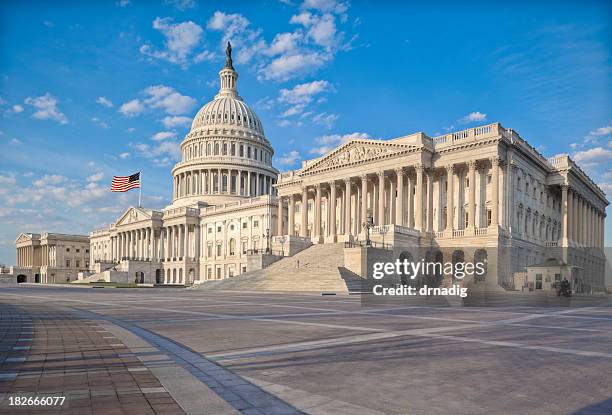Discover why Republicans are calling for full disclosure of the Jeffrey Epstein files. Explore the push for transparency, justice for victims, and accountability for powerful individuals.
The Jeffrey Epstein case remains one of the most explosive and mysterious criminal scandals in recent American history. As new developments continue to emerge, Republicans in Congress and across the political spectrum are calling for the full release of all documents related to Epstein’s activities, connections, and the individuals named in his files. But why is this demand gaining so much momentum?
First and foremost, Republicans are emphasizing transparency and accountability. Epstein was known to be deeply connected with a range of global elites—including politicians, business moguls, and celebrities. Many of these individuals were listed in travel logs, call records, and visitor logs to Epstein’s private island and his Manhattan townhouse. Republicans argue that the public has the right to know who was involved, especially if any of those people participated in, enabled, or ignored alleged crimes such as human trafficking and abuse. Full disclosure, they say, is essential to restoring faith in the justice system.
Second, there is a rising concern that certain institutions may have redacted or withheld parts of the Epstein files to protect influential figures. This suspicion has fueled claims of a possible cover-up. Republicans are particularly vocal about the need to ensure that no person is shielded because of their status, wealth, or political affiliation. They believe selective transparency only deepens public mistrust in the Department of Justice and the FBI.
Another key reason behind this demand is the pursuit of justice for the victims. Dozens of women have come forward with stories of abuse and exploitation under Epstein’s network. Republicans argue that if other individuals were complicit in these crimes, they too must be held accountable. Unsealing all documents is seen as a necessary step toward achieving real justice—not just for Epstein’s direct actions, but for the entire web of influence that allowed his operations to thrive for so long.
In addition, the political implications are impossible to ignore. Epstein’s ties spanned both major political parties, but Republicans believe that full disclosure could reveal connections that the mainstream media has overlooked or intentionally downplayed. By making all information public, they argue, no one—regardless of party—can hide behind legal technicalities or media bias.
Finally, this call for openness reflects a broader trend: rising skepticism of elite institutions. In the aftermath of other high-profile investigations and classified documents scandals, many Republicans have become increasingly wary of government agencies. For them, the Epstein case is more than just a criminal probe—it is a symbol of how power can be misused and justice delayed. Releasing the full files is, in their eyes, a test of whether America’s justice system truly serves the people—or only protects the powerful.
As the pressure builds, it remains to be seen whether the remaining Epstein-related documents will be made public in full. But one thing is clear: Republicans are positioning themselves as champions of transparency, accountability, and truth in a case that has shaken the foundations of trust in America’s elite circles.


